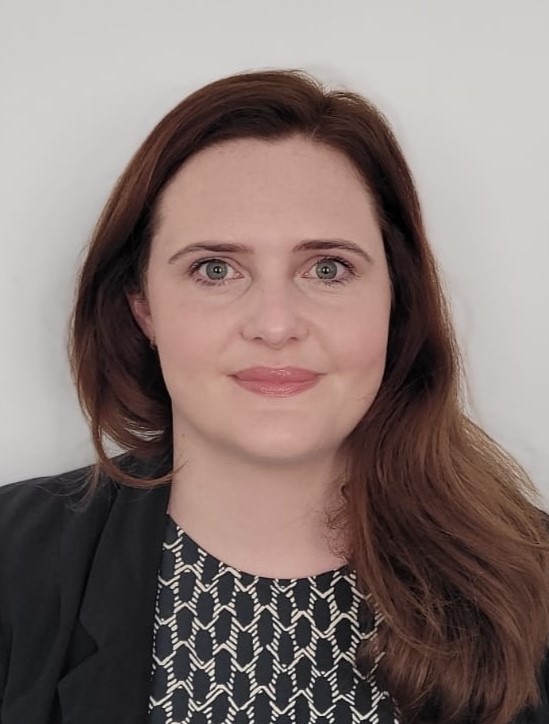Russia and Iran’s Reliance on Non-Domestic Semiconductors for Weapon Production: Issues of Supply Chain Control and Visibility
Meredith Horne and Damien Spleeter
[Conflict Armament Research]
Abstract:
Since May 2022, Conflict Armament Research (CAR) has deployed field investigators to Ukraine to document the contents of Russian and Iranian weapons deployed there. So far, CAR has identified components from 150 non-Russian companies in Russian weapons, and from 70 non-Iranian companies in Iranian weapons.
In this presentation, Damien Spleeters (Deputy Director of Operations at CAR) will describe preliminary findings from his fieldwork in Ukraine since May 2022, showing that Russian and Iranian weapon programs are highly dependent on non-domestic components and technologies. Drawing from anonymized examples of responses received from the industry to CAR’s trace requests, Mr. Spleeters will highlight how limited the industry’s visibility is on its own supply chain, and how this could impact a company’s public image. Mr. Spleeters will also draw from positive examples of responses to show choke points in supply chains of components.
Biography:
 Meredith Horne [Conflict Armament Research]
Meredith Horne [Conflict Armament Research]
Meredith Horne is Head of Tracing Operations at Conflict Armament Research. Meredith joined CAR in October 2014 in an administrative and finance capacity. Since June 2016, Meredith has developed and managed CAR’s tracing operations of conventional materiel and commercial or dual use items. She is responsible for establishing contact and maintaining relationships with governmental bodies and commercial entities.
 Damien Spleeters [Conflict Armament Research]
Damien Spleeters [Conflict Armament Research]
Damien Spleeters is the Deputy Director of Operations at Conflict Armament Research (CAR). Pioneered the use of CAR's methodology to investigate the diversion of commercial commodities, Spleeters has more than 10 years of field investigative experience, deploying in Iraq, Mali, Syria, Yemen, and Ukraine. Between 2014 and 2018, Spleeters has investigated the diversion of conventional weapons and ammunition to Islamic State forces in Iraq and Syria, and the quasi-industrial development of improvised weapons by the group, using diverted chemical precursors and components. Between 2018 and 2021, Spleeters has examined weapons recovered from Russia-backed military formations operating in Eastern Ukraine. Since 2022, Spleeters has investigated the diversion of Western components found in Russian and Iranian systems used in Ukraine. Spleeters has authored more than a dozen publications on the diversion of weapons and commercial commodities to conflicts.
HOMEREGISTER NOWTECHNICAL COMMITTEETECHNICAL PROGRAM
Top